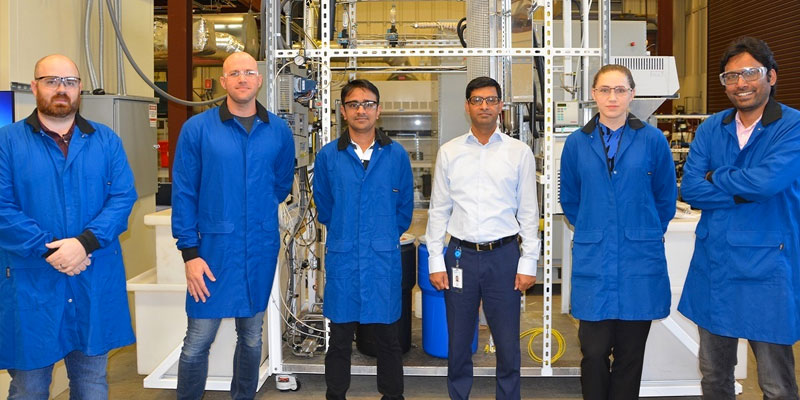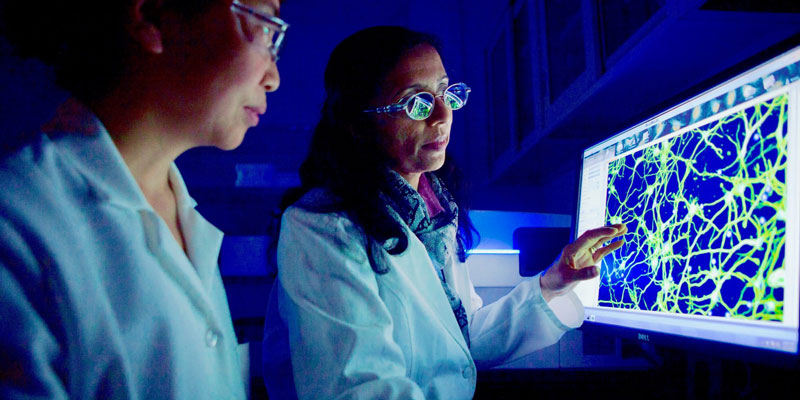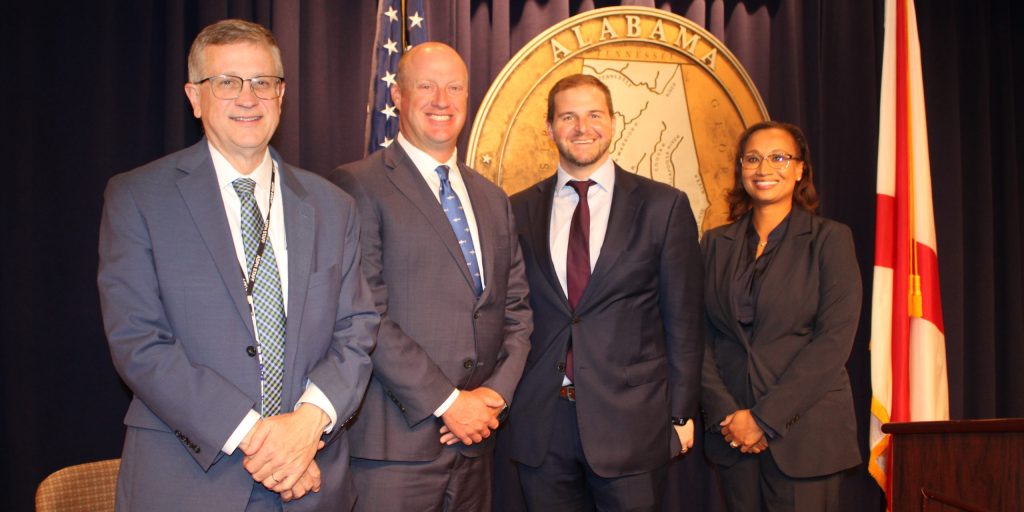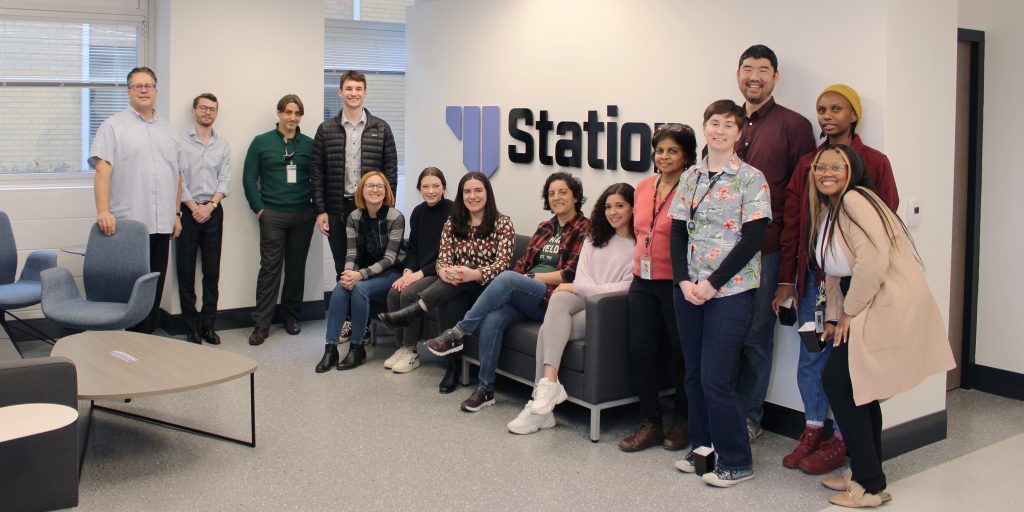Waste from cities, restaurants and farms across the nation presents a problem because of resulting greenhouse gas emissions, but innovative technology developed by Southern Research could soon help address environmental concerns and spark investment that supports dynamic change.
Under a licensing deal that is the first of its kind, Southern Research’s Energy & Environment (E&E) division is providing an Irvine, California-based company with patented technology and specialized equipment for a “waste-to-energy” project.
Agriculture is a key marketspace for Agra Energy Corp. By partnering with dairy farmers across the nation, Agra Energy intends to use an advanced chemical-conversion process developed by Southern Research scientists to turn cow manure into clean, renewable fuels conventionally produced from crude oil.
Southern Research’s collaboration with Agra Energy comes at a time when concerns are rising about the negative impacts of solid waste produced at large-scale agricultural operations such as dairy, poultry and hog farms.
“We have to produce our food more sustainably,” said Corey Tyree, Ph.D., senior director of E&E at Southern Research. “There are opportunities to manage agricultural waste to do less harm to our land and water resources. One opportunity is to convert waste like manure into liquid fuels. This benefits the farmer and the environment. The technology being licensed to Agra enables all of this to happen.”
Tony Long, president of Agra Energy, said the Southern Research technology aligns with his company’s broad mission.
“Our directive, as an innovative renewable energy company, has a laser-focused agenda: implement engineering solutions that shift consumption away from fossil fuels, convert pollution sources into clean energy sources, and offer real economic returns that provoke real action within the industry and greater society,” Long said.
“We are excited to join our experienced team together with Southern Research to bring their base technology processes into commercialization.”
‘GTL’ process
Southern Research scientists developed the proprietary process being licensed to Agra Energy through work on a series of U.S. Department of Energy projects that explored how to convert low-rank coal and coal-biomass mixtures to high-quality liquid fuels, among other things.
Southern Research’s unique “gas-to-liquids” (GTL) process, patented in 2016, will feature in small-scale GTL units that Agra Energy will deploy to farms to produce renewable diesel and other valuable liquid fuels after the manure is converted into a synthesis gas, or syngas.
“Our GTL technology is a unique combination of novel stable catalysts with better yields to fuel and a reactor system with better heat management, improving efficiency,” said Amit Goyal, Ph.D., director of Southern Research’s Sustainable Chemistry and Catalysis laboratory.
“These advances allow technology to be deployed at smaller modular scales, enabling biogas obtained from farm manure to be converted to syngas and subsequently to fuels.”
While conventional GTL technology has been around for decades, it has required massive scale with major investment commitment. By utilizing Southern Research’s GTL process, Agra Energy aims to deploy the technology on a cost-efficient “micro” level across the nation.
As part of this collaboration, Southern Research is fabricating equipment in Birmingham that Agra Energy will install as a pilot program at a dairy farm in Wisconsin to demonstrate the capabilities of the technology.
‘Global potential’
Tyree said this agreement commercializing technology developed by scientists in Southern Research’s E&E division gives Agra Energy exclusive rights to the GTL process across the United States.
“While we think there is global potential long term, we are thrilled to partner with Agra and benefit U.S. farmers and the environment,” Tyree said.
He also expects other commercialization deals involving intellectual property created by Southern Research’s E&E scientists to be signed in the future.
This story originally appeared on Southern Research’s website.
(Courtesy of Alabama NewsCenter)













